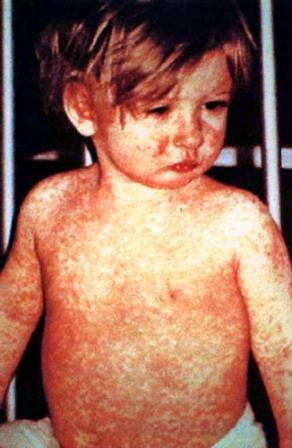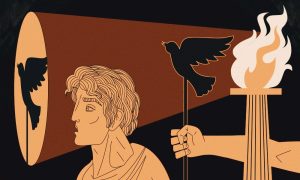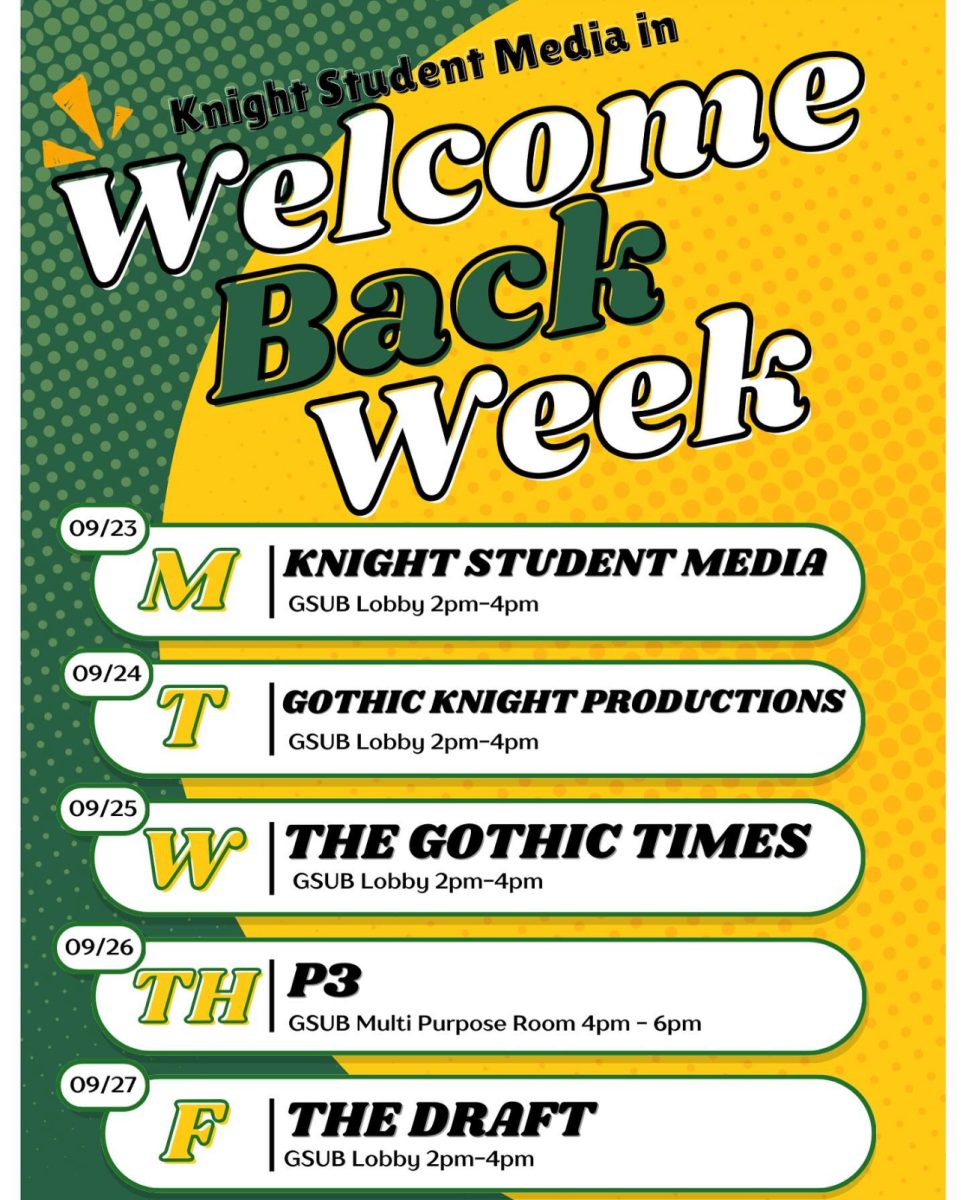Vaccination: Take a chance.

March 28, 2015
Measles have been in the media recently, but the noise goes far beyond concern
for the infection. As debate on the choice to vaccinate is rekindled, many blame parents
who opt to keep their children from the vaccine for fear of autism, which science
has disproven over and over again.
Not long ago there was only one suspected case of measles in New Jersey. It’s
easy to see how the lack of vaccination would affect school-aged children, but a campus
full of college students is also the perfect place to spread the disease: lots of public places
and facilities where germs can easily scatter about perceivably clean surfaces, and an
inherent trust that whoever sits beside us in class has washed their hands thoroughly. The
measles virus can survive up to two hours on surfaces, and the symptoms in adults can be
just as excruciating, and render the same lifelong effects as in children.
Princeton University recently announced that one of its students might have
contracted measles: his condition is now confirmed. The student was reportedly present
at Whitman College Dining Hall, Dillon Gym, the First Campus Center and some 10
other campus buildings between Feb.4 and Feb.8, that is thirteen public buildings in four
days, in a crowded campus. Princeton has issued warnings urging unvaccinated students
to run -not walk- to be immunized. Part of the modus operandi is isolation, should it be
necessary.
In the case of NJCU, unvaccinated students should look for immunization soon.
Those already vaccinated should only fear becoming vectors of infection themselves
so it’s time to wash those hands well, and mind where you put your belongings; this is
important to protect any unvaccinated children around us: younger siblings, a newborn, a
cousin too young to be vaccinated, or that friend’s toddler.
Measles’ symptoms may start out like a cold does: runny nose, a cough and a
high fever. “The usual” turns to worse in a matter of hours as rash, conjunctivitis, ear
infection and diarrhea may present themselves. Some of the lifelong effects can include
pneumonia, brain damage, deafness or blindness.
The NJCU Health and Wellness Center recently released a measles update on the
NJCU website: measles vaccination (among other immunization) is mandatory.
Not sure if you’ve already received an MMR (measles, mumps, rubella)? Don’t
worry, getting vaccinated again won’t have any hideous side effects; in very rare cases
people may feel slightly ill, but that would still be better than getting the full-blown
infection. If you remember completing the NJCU Health and Wellness form, you’re
probably vaccinated. The CDC reports a higher “taking” chance (that is med-lingo for
affectivity) on 90% of people who have received the MMR vaccine twice.
Have we scared you into getting vaccinated yet? Good. We hope if you haven’t
had the MMR vaccine, you’ll decide to “take” a shot.











